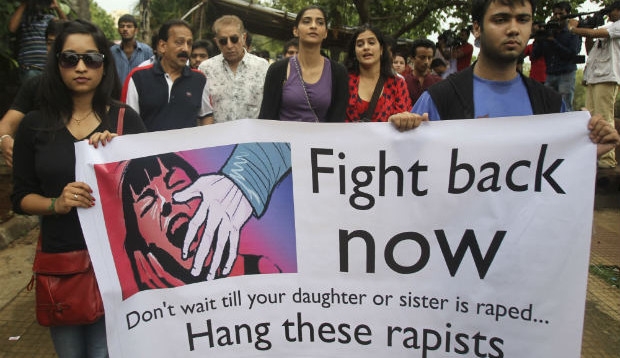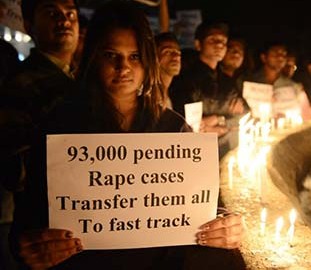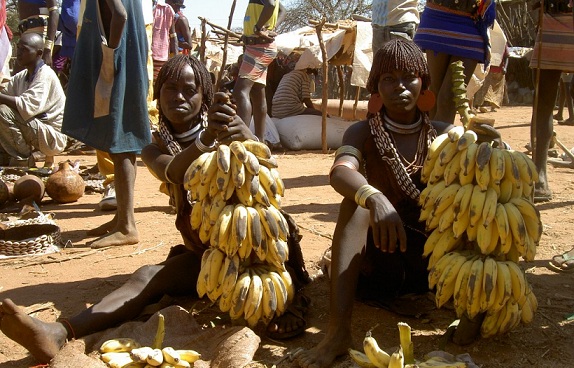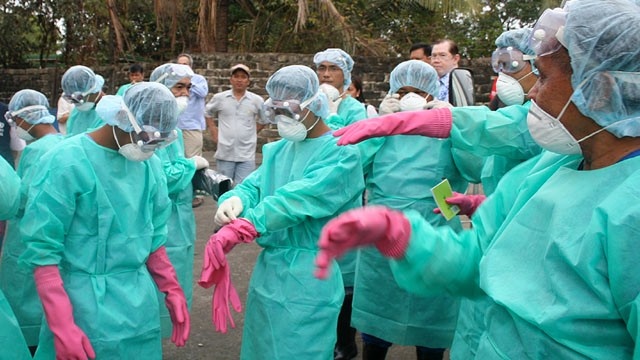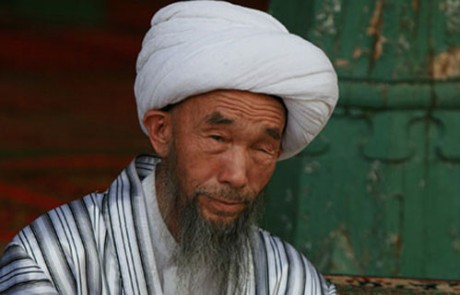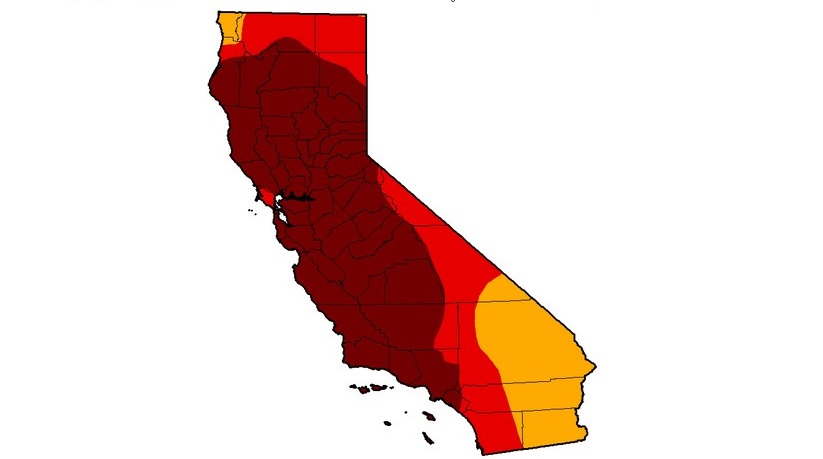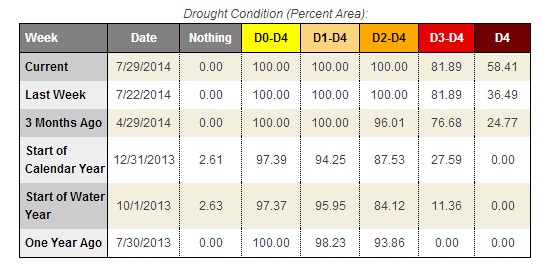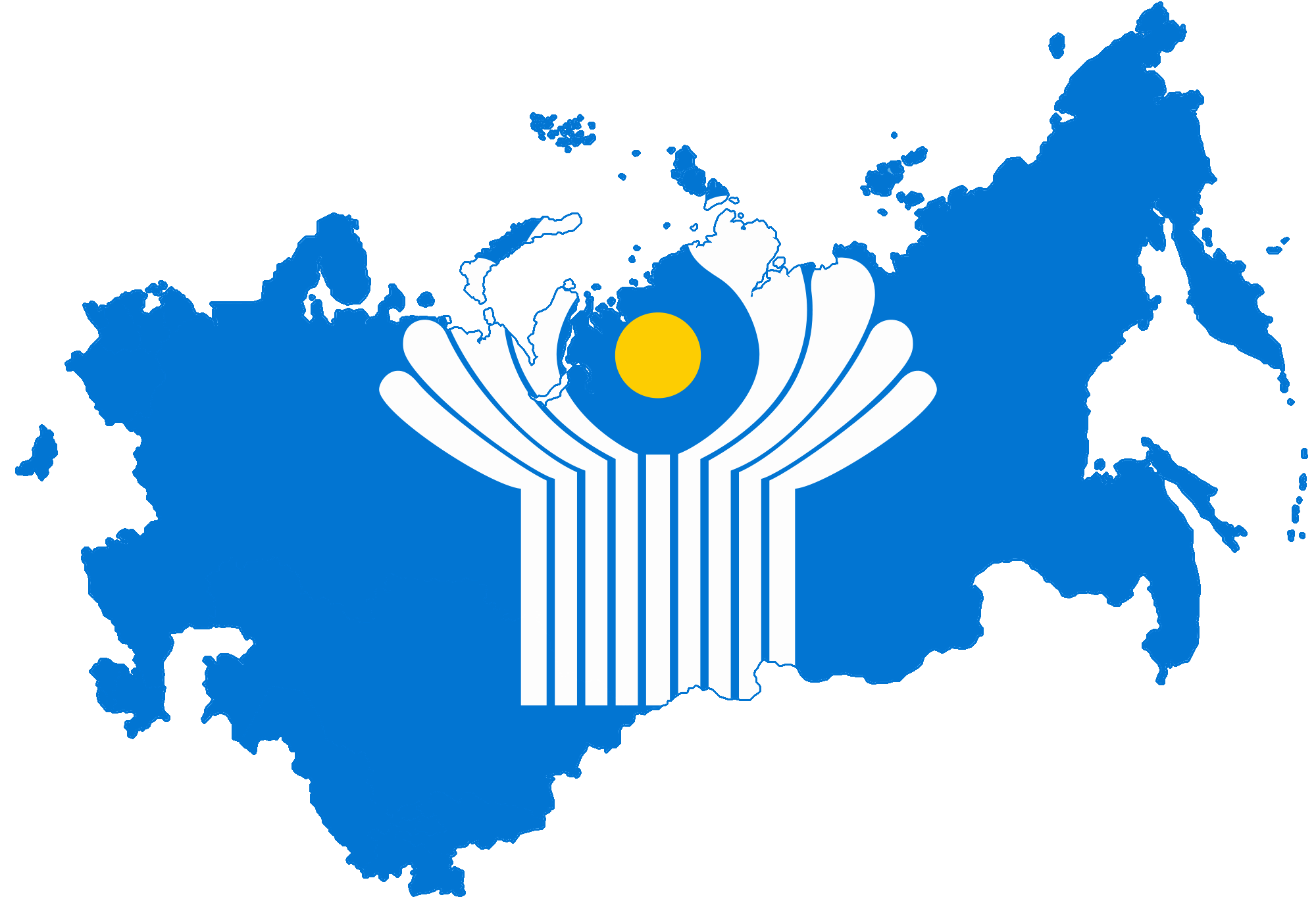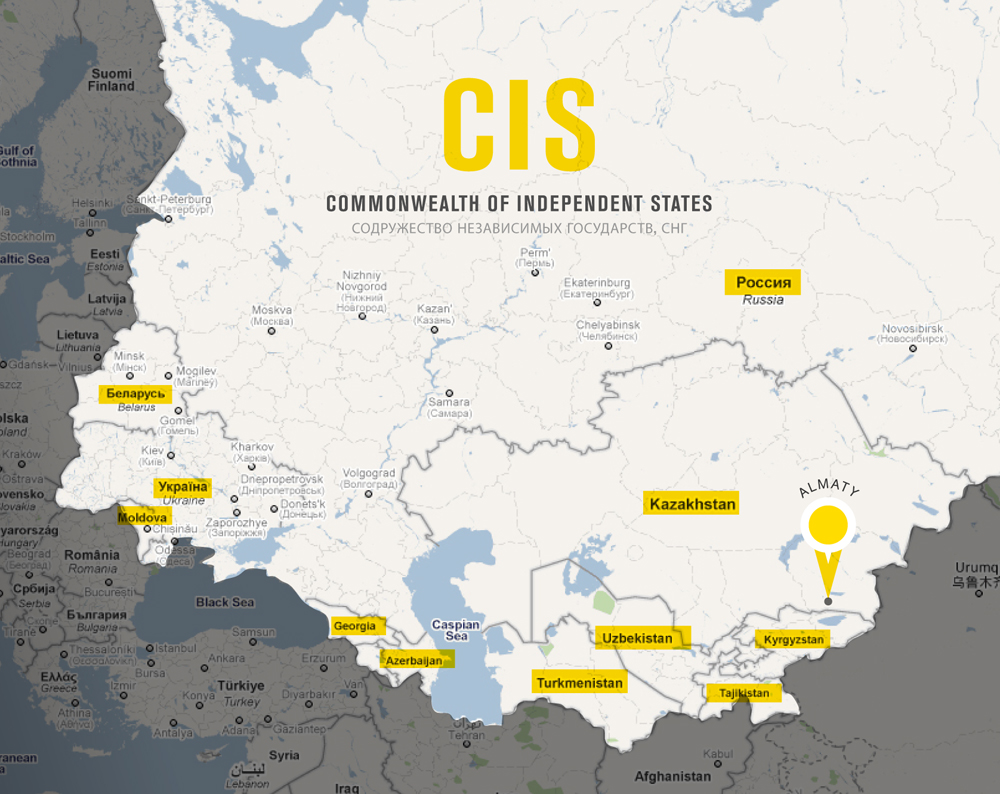Recently, in Urumqi, the capital of Xinjiang, Mongolian herders staged a protest against forced displacement from their land due to Chinese appropriation for mining and tourism purposes, and were broken up by police. Ten protesters were arrested.
“Return our green land”, “Return our hot spring”, “Return our livelihood”, “Who is accountable for the destruction of our natural environment?” read the banners displayed by the Mongolians who protested in the capital. Another banner read, “Let our natural environment remain in pristine condition, let our water and rivers be unpolluted, let our sky be blue forever, and let our people live without any suffering!”
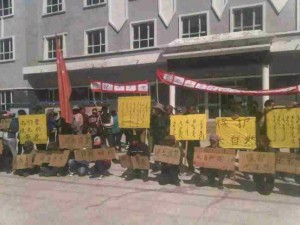
The herders were from Hejing County, Bayangol Prefecture, Xinjiang Autonomous Region, China. They were protesting the appropriation of their grazing lands by the Chinese government for the purposes of tourism and mining. The protesters also complained of destruction and pollution of the Mongolian lands by state-run and private industries.
“Compared to the tourism industries, mining is even more destructive to our land,” stated a communique from the region, “our land is opened up and water resources depleted.” Hejing is rich in iron, magnesium and copper. As of 2010, 28 mining licences had been issued. Another 400 target zones have been defined for prospective mineral extraction.
The displaced Mongolians were forced to give up their grazing land for such projects. According to Chinese sources, 80 percent of the houses of the herders were demolished by 2011 and road paving and other construction projects were carried out in the region. Last year, Chinese state media agency Xinjiang Daily reported that the herders had almost completed the “transition from herders to peasants” and were “living a happy life.”
According to Chinese news, the herders had been moved “in order to protect grassland”–they were moved because of the government’s development and nature conservation projects.
The herders have been protesting the appropriation of their grazing land and forced displacement for decades.
Local government authorities dispatched police to disperse the protest. Ten protesters were arrested.
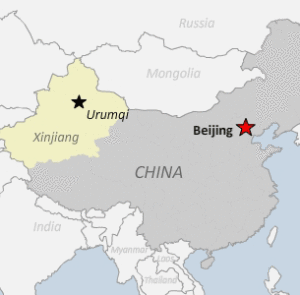 “The Chinese have no idea how sacred and how valuable water is to the Mongolians,” one involved Mongolian told the Southern Mongolian Human Rights Information Center (SMHRIC), explaining one of the concerns the Mongolians had about Chinese use of their land–water.
“The Chinese have no idea how sacred and how valuable water is to the Mongolians,” one involved Mongolian told the Southern Mongolian Human Rights Information Center (SMHRIC), explaining one of the concerns the Mongolians had about Chinese use of their land–water.
“Polluting water source is absolutely not permitted by the Mongolians. However, recently some Chinese tourist companies came to destroy our grazing lands and even built toilets by the upper bank of the Arshaan River to dump their filth directly into our most sacred water source.”
By James Haleavy
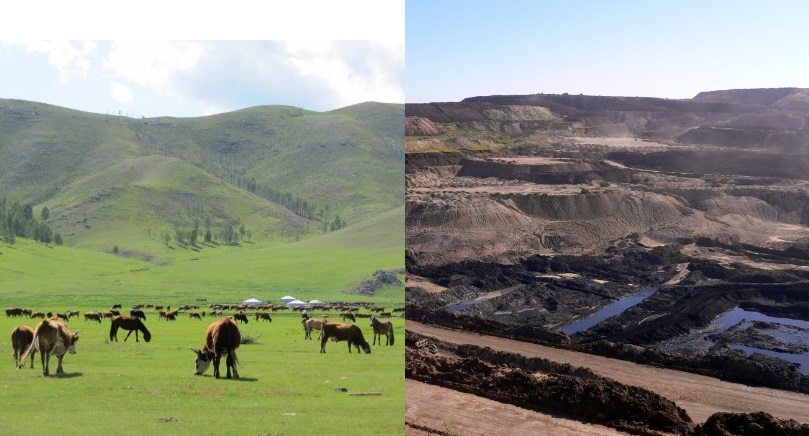

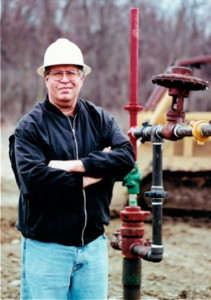
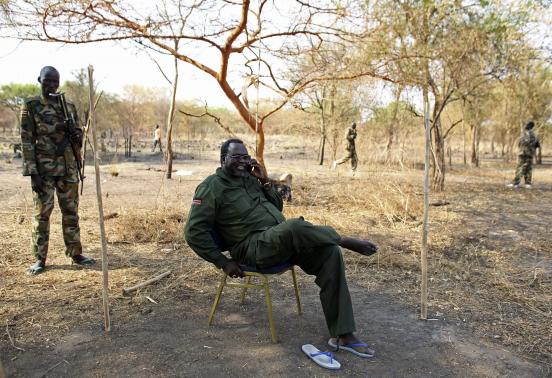
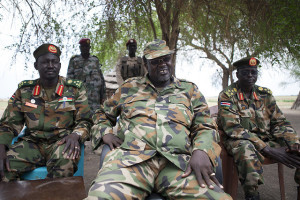
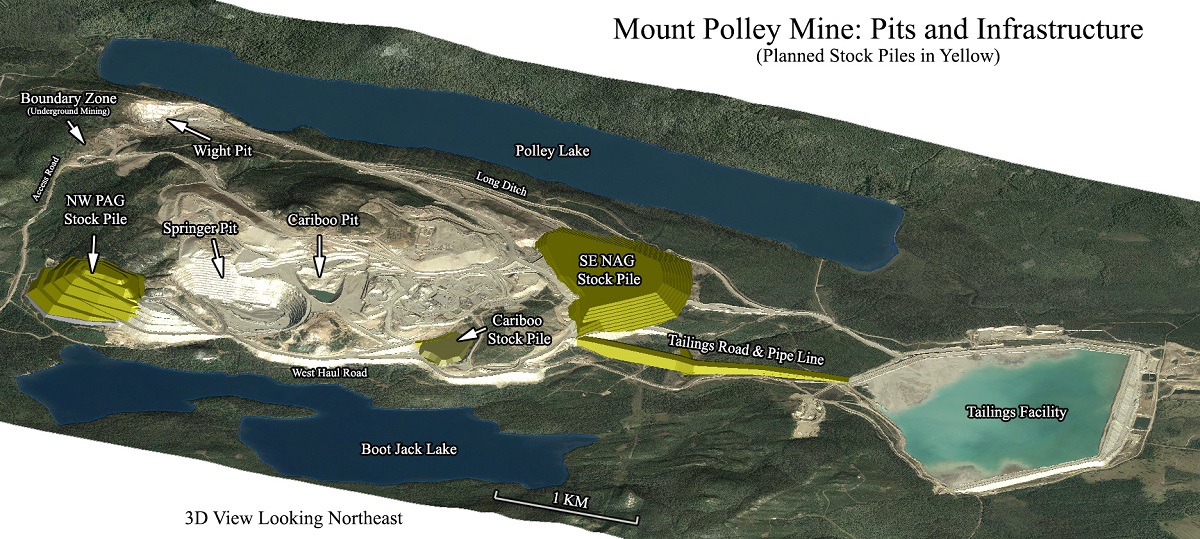
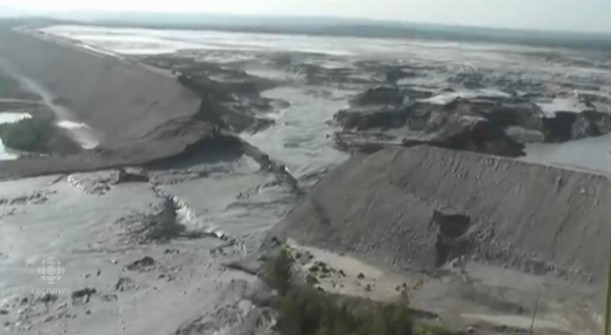
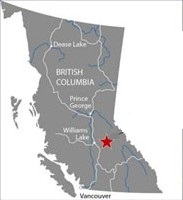


 “Breastfeeding is the foundation of good nutrition,” said Lake, “reducing the risk of malnourishment in early childhood and the risk of obesity later in life. By supporting nutrition and strengthening the bond between mother and child, breastfeeding also supports healthy brain development.”
“Breastfeeding is the foundation of good nutrition,” said Lake, “reducing the risk of malnourishment in early childhood and the risk of obesity later in life. By supporting nutrition and strengthening the bond between mother and child, breastfeeding also supports healthy brain development.”